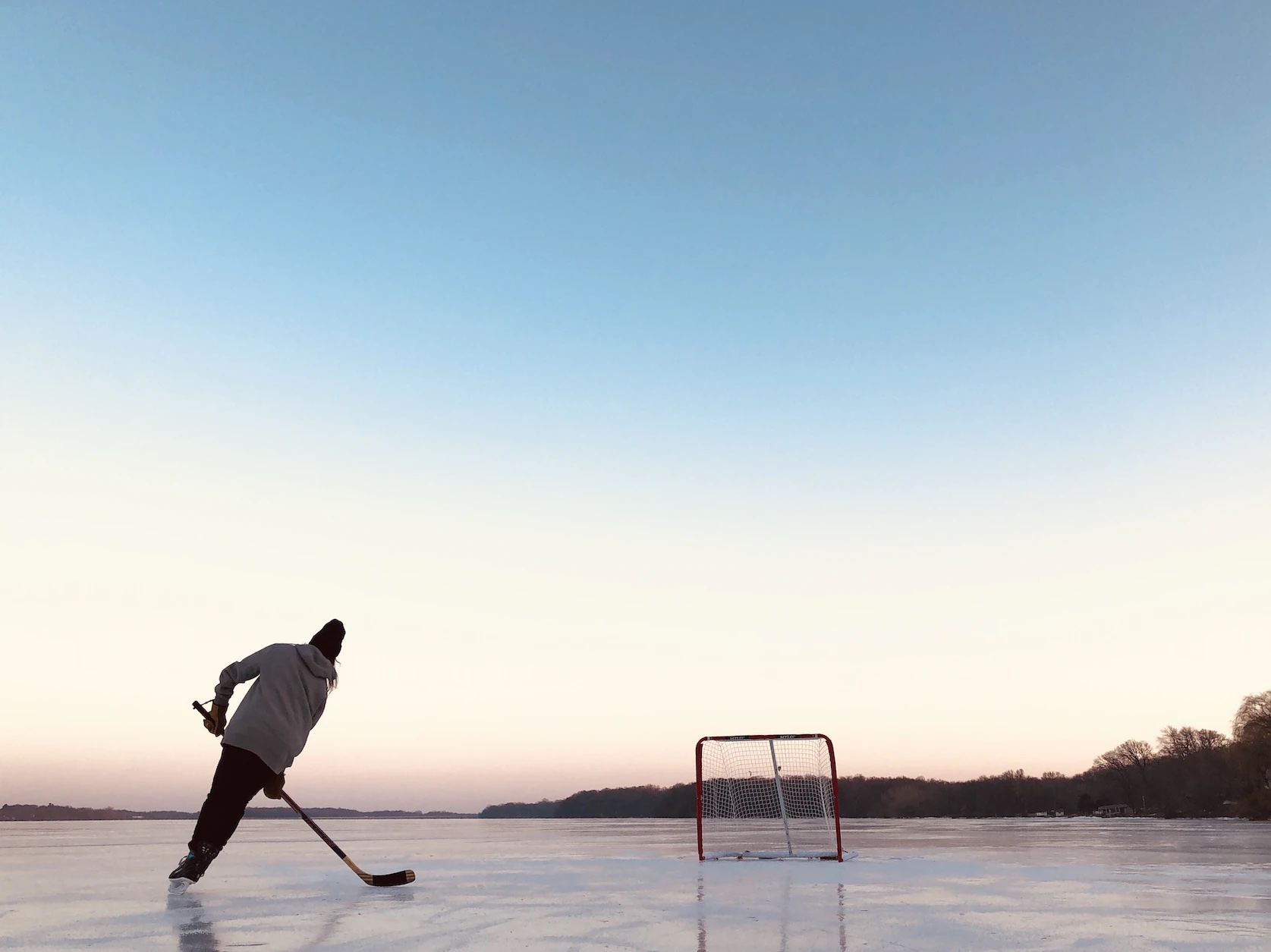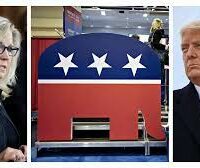

Zen and the Art of Ice Hockey Shenanigans
My family is hardly what you would call a bunch of highly-skilled athletes. In fact, we may be to sports what the Kardashians are to academic debate. My father, despite having lived on a golf course for nearly two decades now and taking lessons for most of that time, has a hitch in his swing that makes Charles Barley shake his head in embarrassment. My ex-wife generally has all the athletic prowess and coordination of a newborn giraffe wearing roller skates on an ice rink. My son, bless his little heart, has yet to grow into his 6’2” frame and awkwardly dribbles a basketball like a gorilla on stilts. For my part, I play hockey in a league where, in an alphabetical ordering based on level of play, they seem to have run out of letters for us, even though there are only a couple of thousand people in my entire town. Even my son’s 9 year old, who competes on a local AA team, tries to be kind in his assessments of our play, saying, “I’m sure you guys will continue to improve” even though we all know that there is zero chance of that occurring. My daughter, embracing her destiny and hereditary limitations, eschews competitive sports altogether. But for all that, I still enjoy participating in sports nonetheless. That’s because I know that they are such a great metaphor for life, and in being so, have so much to teach us about our own selves and how we interact with the world around us. I was reminded of how much sports can teach us about life during my hockey game this past Sunday night.
At this point in my hockey career, and given the fact that my kids are now teenagers with far better things to do on a Sunday night than watch their father humiliate himself athletically, my kids don’t often make it to my games much anymore. But given that this happened to be my birthday week, I was able to guilt trip them into it. Our team name in that league is the Bad News Beers, a particularly fitting moniker given that we suck quite badly and that we console ourselves weekly by drinking beers in the parking lot after the game. Think of it as the adult equivalent of taking your kid out for ice cream even after they lose in little league soccer. With just under a minute left, we were down 8-3 and pretty much everyone on the ice had long ago accepted the outcome as a foregone conclusion and had their sights set elsewhere- namely the aforementioned Daddy Sodas in the parking lot. But for me, the beers would have to wait. As the players’ from the other team tried to engage in a gentlemanly game of keep away in order to simply run out the clock, I was having none of it. I went in and forechecked, skating with my utmost resolve, determined to generate at least one more scoring chance before the game was over. The next thing you know, I forced an inadvertent pass that went right onto my buddy Rob’s stick who seized on the opportunity and buried it in the back of the net. Suck on that, bitches! Yes, of course, I knew that this tally only made the score 8-4 and that nothing really changed in the grand scheme of things. But that’s my whole point- it’s not about the outcome anyway. It’s about the process.

As I exited the locker room and headed out to see my family, my son immediately ran over to me to tell me how proud he was of me, “I saw that last goal, Dad. I just love how you kept working hard, like it was the first minute of the game, even though the game was long since over. That said a lot about who you are.” Gosh, I love that kid. He knows more about me than anyone, but even at 16, I still have things to pass on to him. After all, our kids learn more from what we do than we say.
I told him that this has always been the attribute that I bring to the ice, the reason my teammates keep me around, other than always bringing plenty of beer. “There were a lot of better players than me out on that ice tonight, Son, but even since I was back in high school, I always said to myself that no-one would ever outwork me. I don’t care if we win or lose- I’m going to give everything I have to everything I do.”
And that’s where this all transcends sports and becomes a powerful metaphor for our lives in general. Pour yourself into everything you do, regardless of what the prospects or inevitable outcomes look like. You’re not doing it for the result anyway. You are doing it because you are doing it. When I am out on the ice, I play with an intensity that suggests that nothing is more important than winning every single play throughout the game. But as soon as the game is over, it’s over. I could care less whether we win or lose. My meaning and self-assessment are not determined there. One of the aspects of Ted Lasso’s coaching style so unique and endearing is that he always tells people that he doesn’t coach for wins or losses. Other characters find this difficult to believe, but the more they get to know him, the more they come to understand that Ted is all about personal growth through dedication and perseverance, that these are his motivating factors rather than the final score.
Many folks will watch Buddhist monks create breathtaking mandalas, borne from the fruit of deliberate focus and hard work, only to see them blown away by the winds of time and fate, and think to themselves that these monks are crazy for investing so much time and energy into something that is so impermanent. But in the end, everything is impermanent. Surely, no one is going to remember what the final score was for an adult hockey game by the end of next week, let alone many years from now. Everything we do is meaningless, except for the love and sweat we imbibe it with. So pour your soul into everything you do and then let it go. The result was never yours to own in the first place.
Steven Craig is the author of the best-selling novel WAITING FOR TODAY, as well as numerous published poems, short stories, and dramatic works. Read his blog TRUTH: In 1000 Words or Less every THURSDAY at www.waitingfortoday.com





